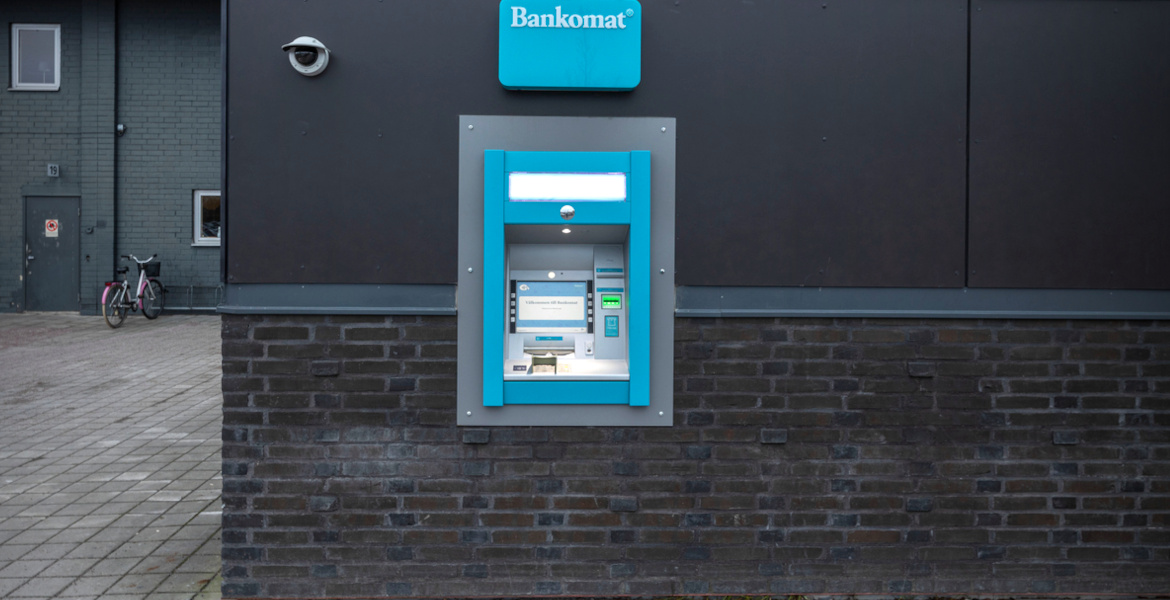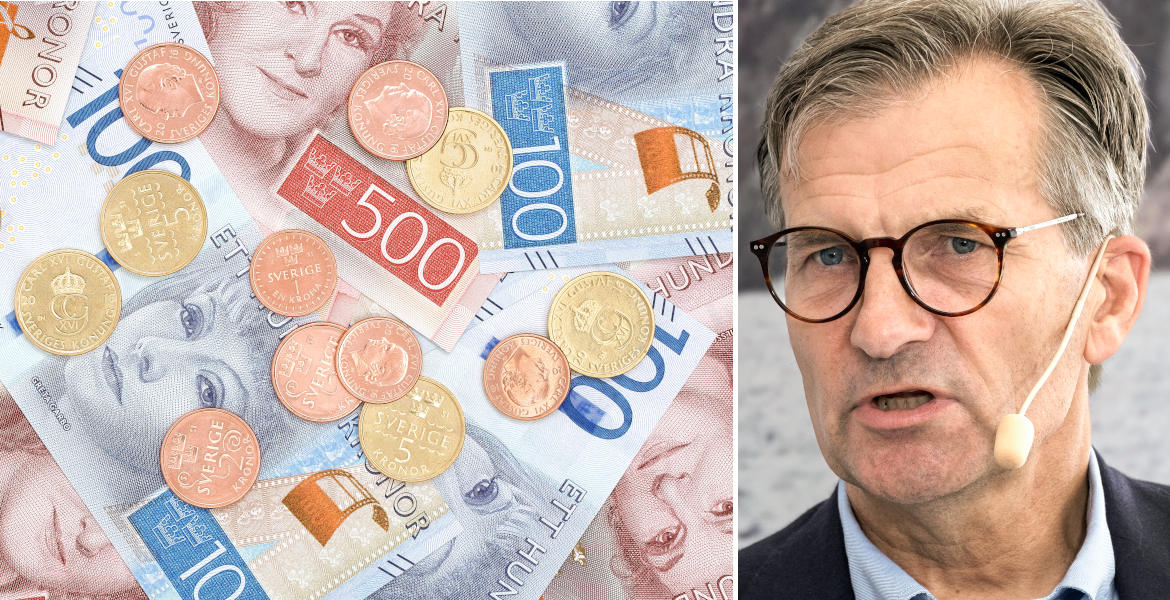About one in four ATMs from Bankomat has been closed during recent months. Now the Cash Revolt movement (Kontantupproret) is demanding that Swedish banks take responsibility.
Bankomat AB is owned by Sweden's major banks: Swedbank, Handelsbanken, Nordea, Danske Bank, and SEB. For several months, the company has experienced major problems with its ATMs, with approximately 25-30 percent of all machines in the country being shut down. In some smaller towns, such as Söderhamn in central Sweden, all ATMs in the entire municipality were closed.
— We can do nothing but apologize. This is completely unacceptable, said Jenny Danielsson, press officer at Bankomat, to Söderhamns-kuriren.
The cause stems from the company taking over cash transport to and from the machines themselves at the beginning of the year, a service they had previously outsourced. However, this proved to be a more "complex task" than initially expected, with the main problem being that the system used for counting money is not functioning properly, as the company has explained on its website.
Now the Cash Revolt movement (Kontantupproret) is demanding that the bank owners take responsibility for cash handling and open their bank branches when ATMs are not functioning.
— Nordea, Swedbank, SEB, Handelsbanken and Danske Bank together have a large network of offices across the country. They should agree to keep at least one of their offices open in locations where there are problems. In the past, all bank branches handled cash, so it's not particularly difficult for them. It's about time they started taking their social responsibility and helped people access cash, says Björn Eriksson, chairman of the Cash Revolt movement, in a press release.
Government must act
Behind the organization, which describes itself as the voice of cash in society, are groups including the youth organization Förbundet Vi Unga, rural advocacy group Hela Sverige ska leva, Sveriges Konsumenter, and the Federation of Swedish Small Businesses. The Cash Revolt movement believes that cash supply issues should be handled through democratic processes rather than left to the private banking system to decide.
If banks don't take action and open their offices, the Swedish government should intervene, the organization argues.
— It's strange that banks don't act voluntarily. The problems with Bankomat have been ongoing for a long time and also show how vulnerable our cash system is today. It's as if bank management has become too comfortable in their offices and doesn't care how ordinary people are affected. The government must start pointing the finger, says Eriksson.





